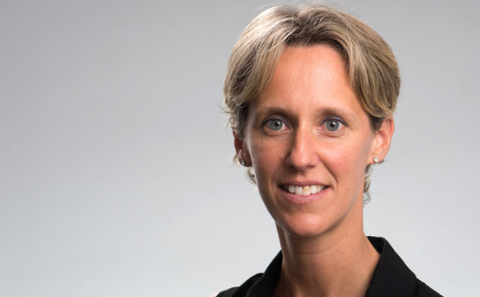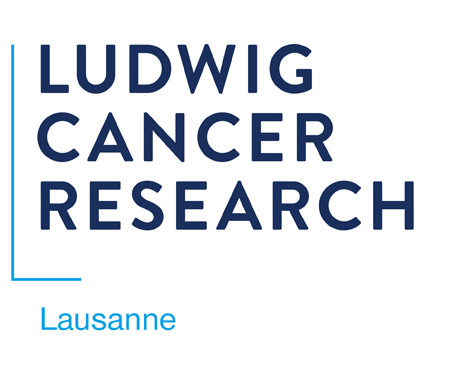JANDUS Lab
The collaborative projects of Camilla Jandus' laboratory with the Department of oncology UNIL CHUV's Hi-TIDe* focus on the development of a pipeline relying on high-throughput technologies to identify critical determinants of “best in class” tumor-specific CD4 T cells, to exploit them in Phase I clinical trials of personalized ACT.
To learn more about Camila Jandus' work,visit :
*Human integrated Tumor Imunology Discovery engine, the laboratory of Pr George Coukos.





